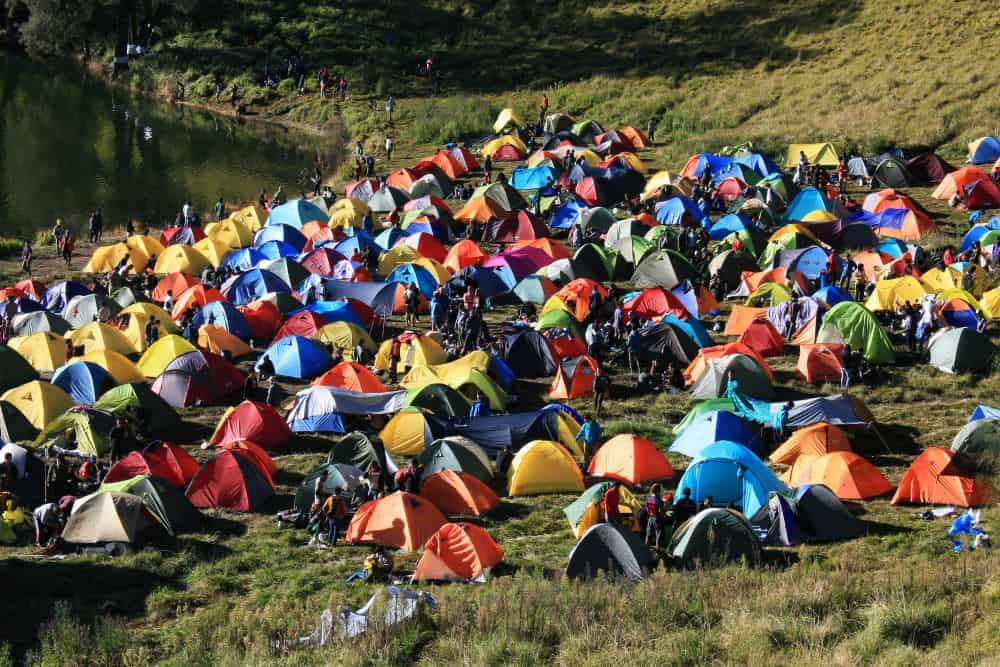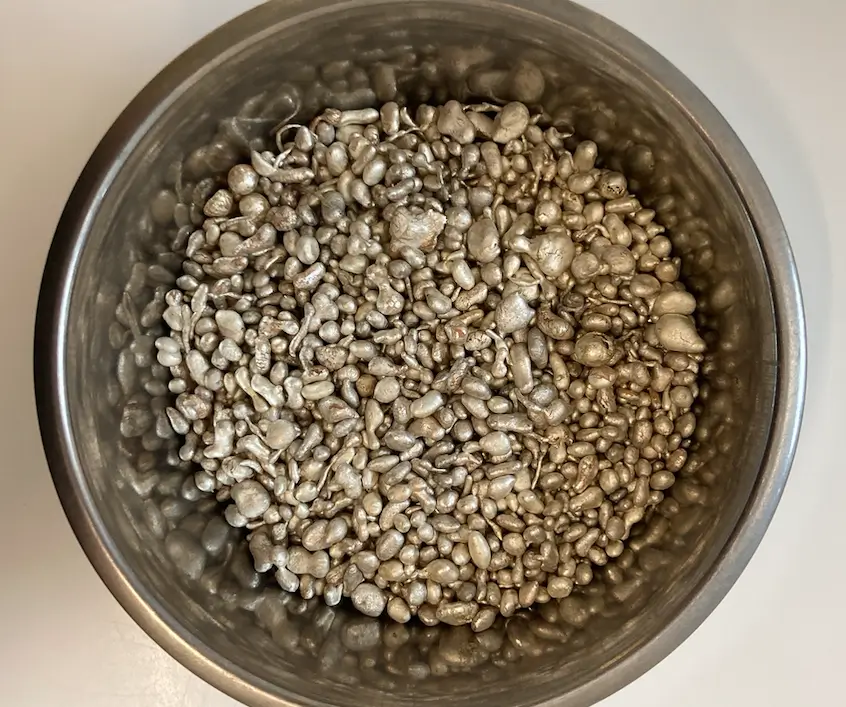Photo by Uzenk Doezenk
Camping is a great experience – reconnecting with nature, being with friends and family, being able to travel cheaply – but unless one is an avid camper it can seem unnecessary to have all the kit. Good quality kit can be expensive to purchase and unless used frequently can take up storage space, especially in smaller homes. As for the cheaper items that are generally of poorer quality, many people view them as single-use items that can be disposed of after use. An estimated 250,0000 tents are sent to landfill each year in the UK¹, and this unfortunately happens mostly at festivals – most of us have seen the apocalyptic-esque photos of the debris that is left behind.
However, recognising that there was an opportunity to ease the pressure on people’s pockets whilst also helping the planet, in 2019 Rebecca Heaps founded ‘Tentshare’, a community led tent-matching service. Tentshare is a platform through which people can hire and lend tents to other users, allowing those who need a tent to save money on purchasing one, and those who already have the kit to earn a few extra pounds.
Not only does it help camping and festival lovers financially, but the environmental benefits could be vast. Tents are largely made of polyester and plastic in order to keep them waterproof, but these materials can reportedly take up to 10,000 years to decompose², or break up into microplastics that wreak havoc on natural ecosystems. The more a tent is used, the smaller its carbon footprint. Knowcarbon, an organisation that compares the carbon footprints of products and services, reviewed some of the products available on Tentshare and found that renting a 2-person tent up to 30 days of the year can reduce its carbon footprint from 35 kg to 0.4kg per day³. This is a drastic reduction!
As well as the economic and environmental benefits, Tentshare’s mission of creating a ‘distributive and regenerative business model’⁴ also creates social benefits through building a mutually beneficial community of similar-minded people. The mission consists of three main points:
- To make reconnecting with nature more accessible and affordable
- To promote sharing and reduce waste and increase carbon efficiency
- To create a sharing camping community, keeping the wealth in the local community⁵
If you are thinking of going camping or attending a festival this summer, or if you have a spare tent lying around, keep Tentshare in mind for a more sustainable trip!
For more information or to get involved in the Tentshare community visit https://www.tentshare.co.uk.
Author – Maia Ingham-Jerrey
¹ Know Carbon. Tentshare. Available at: https://knowcarbon.com/tentshare Accessed: 10/05/23
² Bose, Kiran. 2021. Discarded Reading Festival Tents ‘could take 10,000 years to decompose’. Available at: https://www.energylivenews.com/2021/09/01/discarded-reading-festival-tents-could-take-10000-years-to-decompose/ Accessed: 10/05/23
³ Know Carbon. Tentshare. Available at: https://knowcarbon.com/tentshare Accessed: 10/05/23
⁴ Tentshare. Our Mission. Available at: https://www.tentshare.co.uk/our-mission/ Accessed: 10/05/23
⁵ Tentshare. Our Mission. Available at: https://www.tentshare.co.uk/our-mission/ Accessed: 10/05/23




